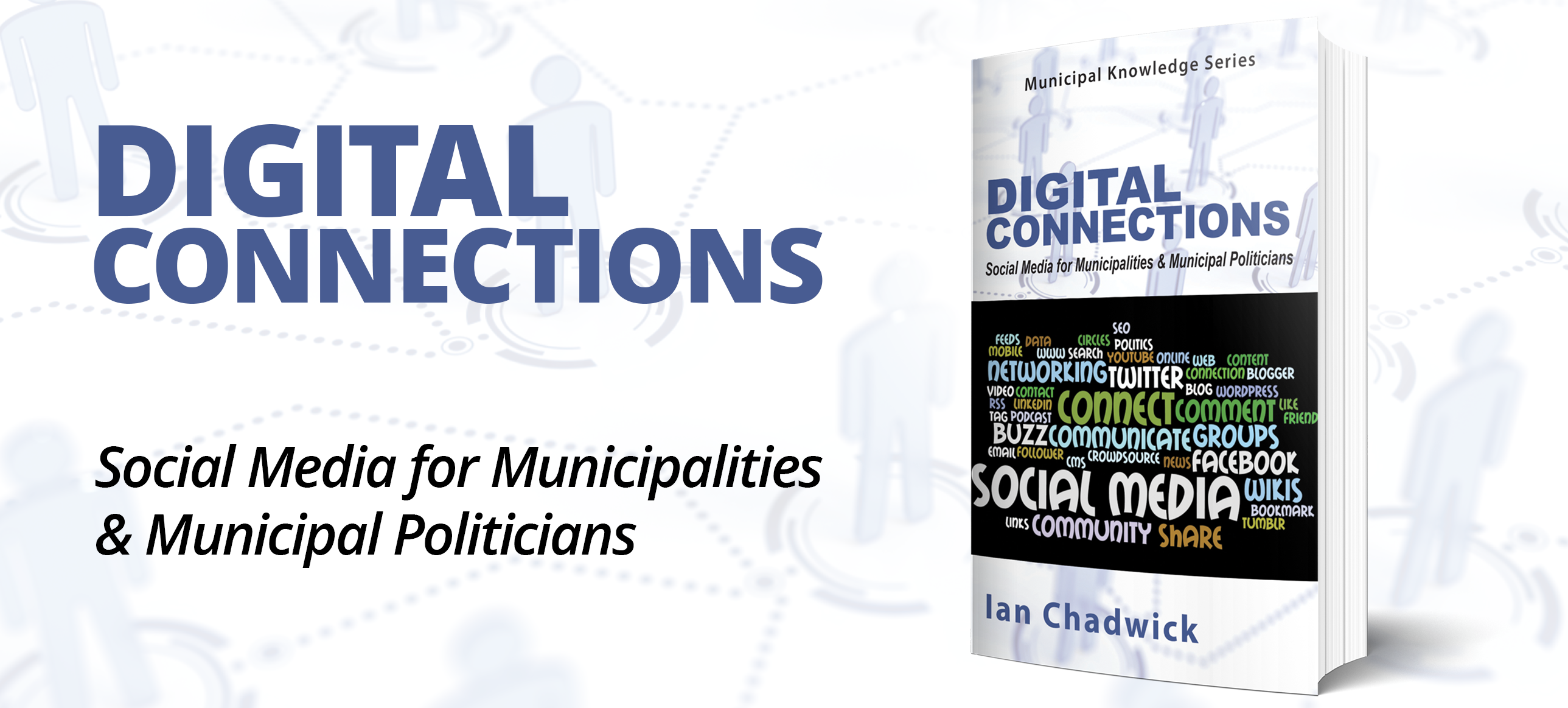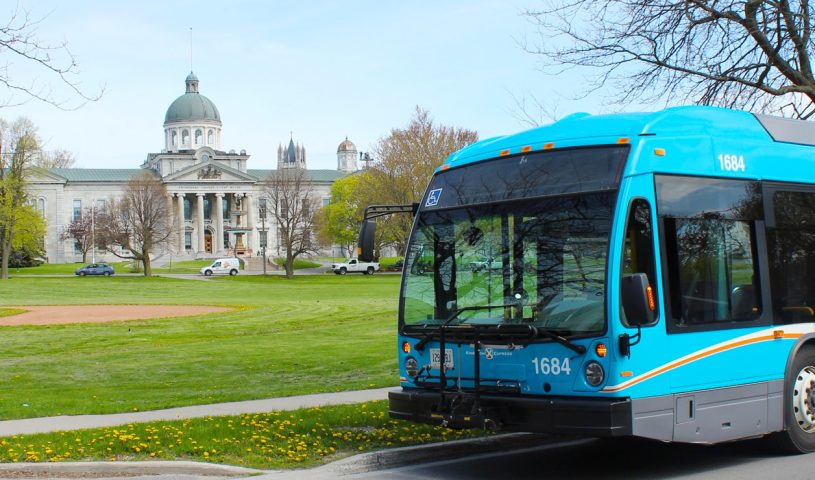Creating a more inclusive Canada: Bringing women of all backgrounds to the table
 Group Of Businesswomen Meeting In Modern Boardroom being inclusive
Group Of Businesswomen Meeting In Modern Boardroom being inclusive
Canada is home to many diverse groups of women, and it is becoming more and more apparent that these women need to be better represented and heard when it comes to community decision making. While there have been many victories toward achieving a more inclusive Canada, more work needs to be done to increase the number and diversities of women in leadership when social, economic, and community decisions are being made.
At the recent 2018 Federation of Canadian Municipalities conference in Halifax, Nova Scotia, Halifax Regional Municipality Councillor Lisa Blackburn shared her community’s experience with the Nova Scotia Advisory Council on The Status of Women. The advisory council works to ensure communities are hearing more voices and including more women in municipal politics and decision making. The Campaign School for Women is a program that runs every four years and helps women who want to be more involved in public and political leadership roles. It prepares them to run for public office, organize campaigns, or pursue non-elected political roles – for free.
Nova Scotia’s Campaign School for Women
The program is receiving tremendous success, going from 30 registrants to 150, with 40 percent of the women being from a diverse background. Key topics covered in the campaign school include diversity, gendered leadership, and women in politics. Other topics related to campaigning include social media, developing a brand, and understanding the campaign process.
The campaign school also offers a safe place to discuss the barriers that women face when it comes to getting involved in public and political leadership roles. Some of the barriers include: not knowing about the process; not understanding the different orders or government; and not knowing on how to begin/run a campaign. While many women experience these barriers, others just did not feel welcomed/confident enough to get involved. Some women just wanted to be invited into the conversation – and be heard.
Achieving Inclusivity
Many of the women who have graduated from the campaign school are now either members of council or are much more active and vocal about politics in their communities. The program is replicable in any community that has women who want to learn more and become more involved. The graduates of the school not only have a chance of being elected officials or pursuing a career as a public employee, but they are also more empowered to vote, work for political parties, and contribute to public consultations.
In order for Canada to achieve inclusivity and diversity in government, resources will need to be made available to educate and empower women and women of visible minority to become public and political leaders in their communities. Supporting women (with a campaign school or other resources) will only bring more to the table and bring Canada closer to gender equality and fair/equal representation in public decision making.
(More information of the work being done in Nova Scotia to include women and visible minorities is online at https://women.gov.ns.ca.)


